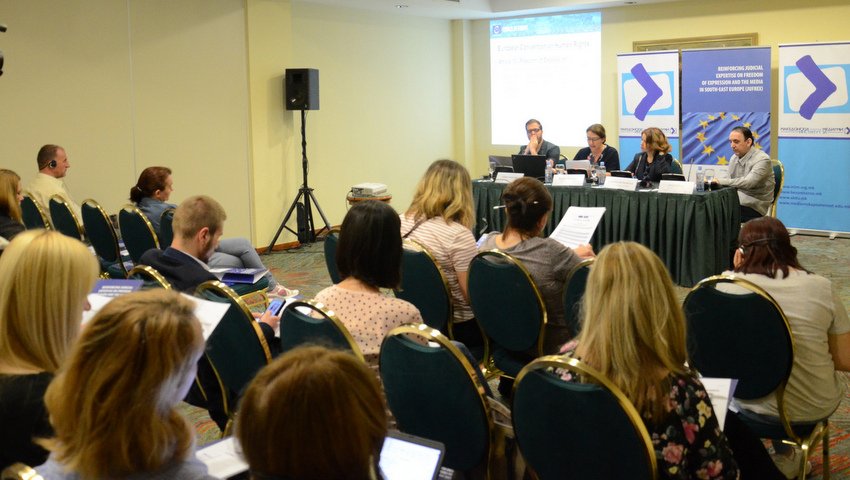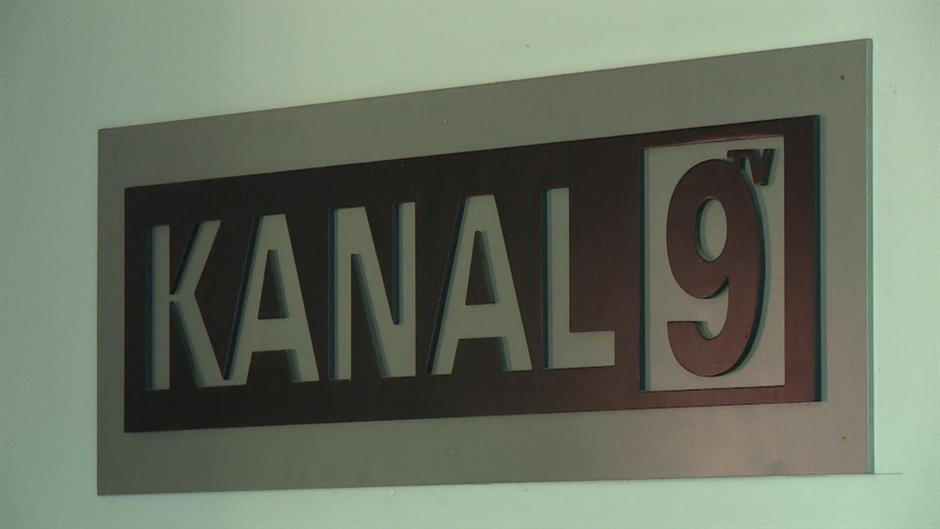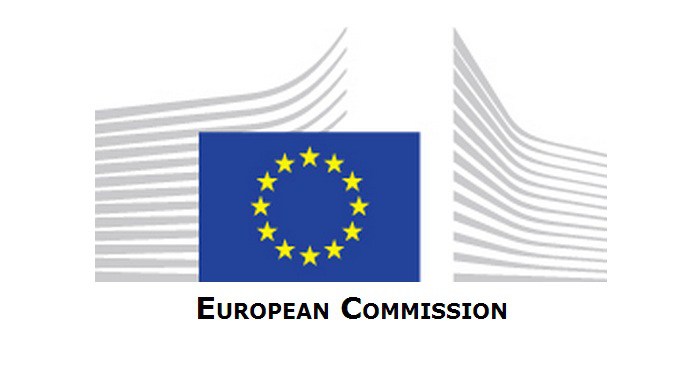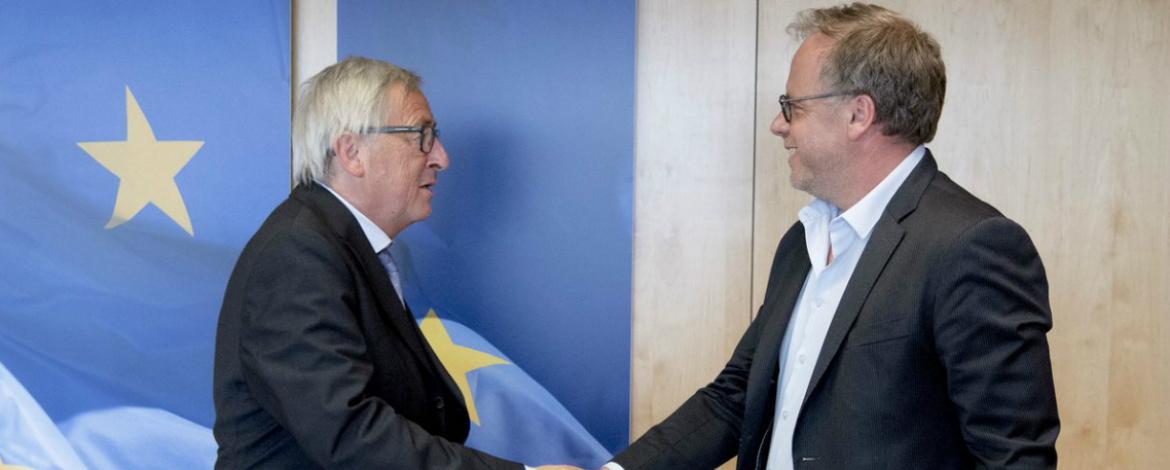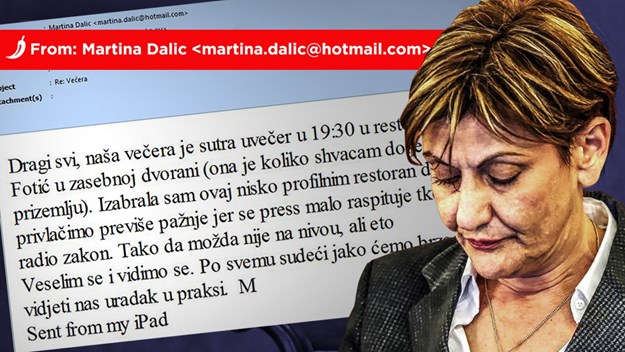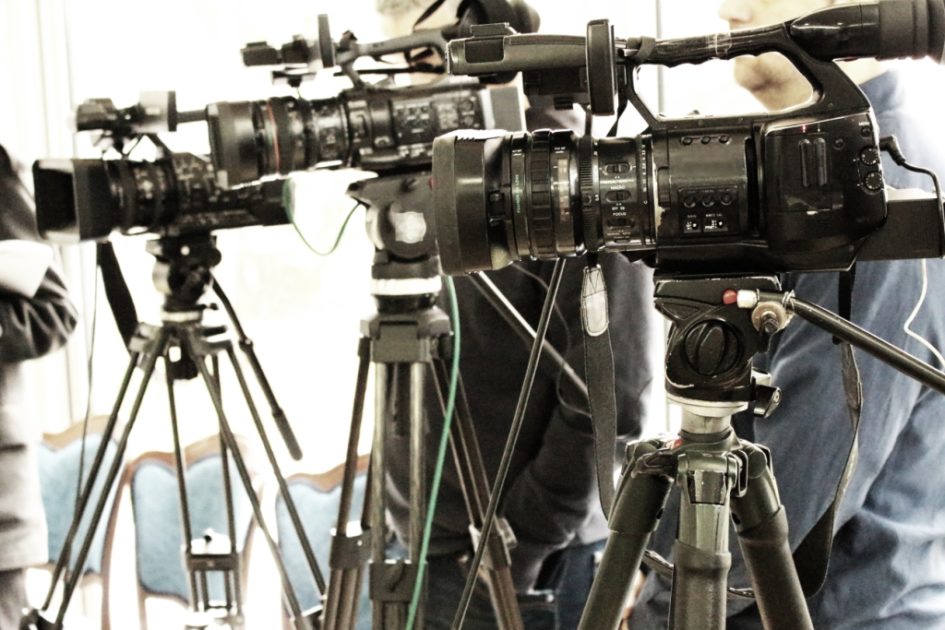SARAJEVO, 23.05.2018.-Zijad Dzemic, a controversial director of the Institute of Metrology in BiH (the only institute of this kind in the world) and institute whose officials proclaimed and authorized it as the only legally authorized body in charge with the viewership audience measurement of TV programs, publicly released and shared the information that “the only BiH Licensed laboratory, verified and marked 714 audience measurement devices and distributed in around 600 households, out of entire group of approved measuring devices”, after he had received a countless number of enquires, requests and demands related to irregularities, inconsequent and rather suspicious actions (suspicious actions where, in most cases, he personally had participated) as far as the viewership audience measuring of TV program is concerned.
Not to mention the fact that this Institute, whose primary principle should be based upon exactness, the answer to one of the key questions of Bosnia and Herzegovina media industry, (with limited number of distributed people meters by the only authorized Agency in BiH, Audience Measurement Ltd, conducts the measuring and directly decides about the dispersing of already insufficient media marketing profit share) is their reply that there are “AROUND 600 households” examined. The fact that viewership audience measurement system in BiH seems non – transparent and unrealizable, but also seems illegal with quasi-criminal action appearance, which altogether does makes this situation additionally suspicious, makes the fact, released by Mr. Dzemic, does not even correspond with the facts posted on the official website of the Audience Measurement Agency (with 450 households and 680 people meters). Furthermore, Mr. Dzemic statements correspond even less with information provided to TV houses and marketing agencies, according to which the number of “measured” households (measured in reality) hardly exceeds the number of 150.
Manipulation becomes more feasible with such a limited number of people meters distributed in public; the limited number of sample cases and according to many statisticians; it will increase the possibility of eventual mistakes and errors appearing in this system.
The question that any person whose opinion is based upon common – sense consequently emerges:” If this measuring system is unreliable, insufficient and inadequate, what is the purpose of using this measuring method”? This is exactly where all disadvantages of media marketing system arise; without proper audience measurement it would not be possible to launch commercial advertising campaigns and it would be even more complex to measure its efficiency. Any measurements, even those that are considered as unreliable and poor, are definitely better than none.
The above mentioned fact is well known to Audience Measurement officials which was why they persistently refused to allow United Media Industry (body which gathers over 20 TV houses and marketing agencies) to conduct independent audit that would allow the UMI officials to go through their records, check the background and correctness, including the information that the Agency releases on daily basis, as this kind of legal audit is, after all, a regular and standard common practice in the media world.
Even 16 members of UMI refused to sign the contract with the AM for 2017 unless the duty of Audience Measurement to allow independent auditor (UMI members would pay for this) to have access to AM information and data become a constituent part of this Contract.
More absurdly, the problem of completely unsettled media – marketing market in BiH, can be settled and solved only with the involvement of institutional bodies of BiH, because only the state, that is, its institution (the above mentioned Institute for Measurement) becomes legally authorized for audience measurement viewership issues and work properly. The scheme in this “process”’ is thus more than obvious: They pass the legal provision on legal measuring issues; they integrate people – meters into time measuring devices (which once again is a completely unknown method in the world); they set the software that can be provided by a single company only (Nielsen), they license and authorize the laboratory with AM being the only company with appropriate measuring devices of the above-mentioned company, and consequently the people – meters are verified by the very same company and we finally conclude this scheme with the AM being the only company entitled to undergo the verification process. The result (outcome): no other agency for viewership audience measurement cannot and will not appear in BiH market which would in fact practically allow, with no consequences, and directed by a single (sole) company with no competition, to release information regarding ratings as they wish and in cooperation with those with whom they share common (profit) interests.
The others, especially if they dare to criticize such deviant system, face systematic rating decrease (decline) which directly impacts the income they make out of marketing and this mainly concerns local (domestic) TV houses that employee local staff, produce program and pay taxes to the state, unlike vast and ever-growing number of foreign channels available to local audience through cable operators, IPTV, and satellite-based platform, which actually, according to information provided by the AM, are viewed by almost 50% of local audience.
Additionally, these channels become more interesting and attractive to local marketing agencies and companies, taking into consideration that advertisements broadcasted via these (foreign) channels don’t undergo obligatory legal tax payment, they can provide their clients with very low – priced and cheap commercial seconds, that is, GRP. Along with all this, let us emphasize that local marketing market value had undergone a significant decline (certain and approximate estimate outlined that TV stations lost some BAM 30 million, which was almost half the amount (BAM 50 million, which was the amount provided by the CRA officials in 2013, pursuant to market analysis of broadcasted programs,
Shortly, ever since the AM began with viewership audience measurement, the amount of market money has rapidly decreased, the number of TV channels has increased, public broadcasting services debts have increased and due to poor RTV tax fees collection, are trying to survive in the market through marketing service provided etc. Silenced by high ratings, both RTRS and FTV, fail to report about the issues that include malversations regarding the viewership audience measuring. Therefore, the information provided by the Ministry of Foreign Trade and Economic Relations, during the Council of Ministers meeting session at the end of last year, did not appear on programs broadcasted by these two TV houses. This meeting session identified numerous irregularities in the work by the management of the Institute of Metrology (including their general director), including the malfunctions regarding the audience measurement of TV programs in BiH.
There is no report about the AM laboratory either, that is, AM as the only laboratory of this kind in BiH, that performs its business operations with no valid accreditation issued, because the Institute of Accreditation (BATA) refused to accredit this particular laboratory, since, as they claimed, there was no legal background for such actions in neither local nor European law practice. This would eventually oblige BATA with legal duties, since BATA is a member of European Accreditation Association, and would additionally have to base their actions upon either local or European laws.
In order to solve this problem, the Council of Ministers of BiH should cancel the disputable Order by the Institute of Metrology and, colloquially speaking; re-introduce people – meters method in the local market. This would, just as in all other countries, allow many companies (with valid references), to bid for further projects regarding the viewership audience measurements. Local (domestic) media industry could additionally select the best and most appropriate firm or firms for this particular work and as a result, thus provide the money deriving from the commercial advertising (which is, in commercial terms, essential for regular business operations and survival in the market) distribute and disperse to all parties that should receive certain amount of this marketing money all based upon relevant and accurate results. If this does not happen in the near future, media market in BiH shall continue with its decline with no possibilities for forthcoming recovery.
This text is a part of E-Bulletin– fifth edition of special serial of BHN online bulletin implemented through the “Media and Public Reputation” (origin. “Mediji i javni ugled”) project, also representing a contribution to public debate regarding the transparency of media ownership and upholding and encouraging the passing of set of laws aimed to advance media field and information market in BiH.


